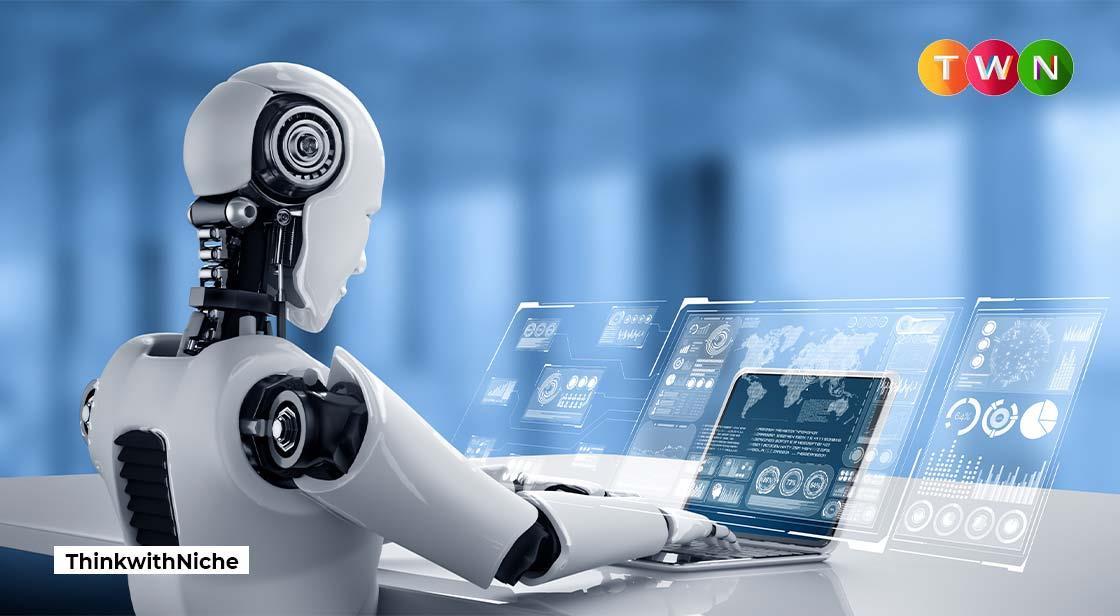AI Action Summit 2024: What India’s Role Means for the Future of AI

News Synopsis
Prime Minister Narendra Modi is set to co-host the much-anticipated AI Action Summit in France, marking the third edition of this significant global event. The previous summits were held in the UK (2023) and South Korea (2024), underscoring the growing importance of artificial intelligence (AI) in shaping the future of global economies and societies.
As AI continues to evolve, recent breakthroughs, such as the launch of Deepseek’s disruptive AI version and significant AI investment commitments made by US President Donald Trump, highlight the urgency of understanding AI’s direct impact on people’s lives.
This summit serves as a platform to address both the challenges and opportunities posed by AI, particularly concerns about job displacement and global competition to advance AI technology.
The AI Action Summit: What’s at Stake for Its Hosts?
The AI Action Summit is a key event in ongoing global discussions on AI governance and responsible AI development. This year’s summit is being held in France and is co-hosted by French President Emmanuel Macron and Indian Prime Minister Narendra Modi. The event aims to address critical areas such as tech sovereignty, sustainable AI development, equitable AI accessibility, and international AI governance.
President Macron has emphasized the need for “tech sovereignty” as a core focus of the Summit 2024. This is particularly relevant given the ongoing AI rivalry between the USA and China, both of whom are striving for dominance in AI development.
For India and France, both of which possess immense technological potential, the summit provides an opportunity to reshape global perceptions of AI’s progress and governance. France has aggressively promoted AI investments, with Macron advocating for over $100 billion in AI funding.
India, on the other hand, is recognized for its cost-efficient technological advancements and its India AI Mission, positioning itself as a key player in the AI revolution.
By co-hosting this event, both nations are reinforcing their role as leaders in AI, offering alternative models of AI innovation that compete with the dominance of US and Chinese AI ecosystems.
The Impact of AI on Everyday Life & Why This Summit Matters
AI is no longer a futuristic concept—it is an integral part of daily life, powering everything from social media recommendations to self-driving cars. Essentially, AI consists of advanced algorithms that simulate human intelligence, driving decision-making in industries ranging from healthcare and finance to manufacturing and education.
Despite AI’s immense potential, there is widespread concern that automation may lead to massive job displacement. However, rather than replacing human workers, AI is expected to complement human intelligence and create new employment opportunities.
Just as the Industrial Revolution transformed global economies, AI is now at the heart of the Fourth Industrial Revolution. While some traditional jobs may become obsolete, AI-driven industries are projected to create millions of new jobs.
A McKinsey Global report estimates that AI will generate approximately 50 million new jobs by 2030, increasing the demand for AI professionals and digital skills.
Summits like the AI Action Summit play a crucial role in establishing a global framework for AI development, fostering public-private partnerships, and ensuring fair, transparent, and sustainable AI adoption. These discussions help nations strike a balance between technological advancement and societal well-being, making AI’s benefits accessible to all.
India’s AI Future: What Lies Ahead?
India’s leadership in global AI governance is being cemented through its co-chairmanship at the AI Action Summit. The country has already launched its India AI Mission (March 2024) and is developing its own AI models with significant government backing.
India’s AI infrastructure is rapidly expanding, with plans to scale its computational capacity to 10,000 GPUs, with an additional 8,693 GPUs set to be integrated soon. Compared to global AI models that cost between $2.5 to $3 per hour in computational expenses, India’s subsidized AI model will cost nearly 40% less, making AI technology more affordable and accessible.
India’s AI ambition was also highlighted at the Global IndiaAI Summit 2024, where over 12,000 AI experts and delegates from 50 countries convened to discuss the country’s AI roadmap.
With a young, tech-savvy population, a rapidly expanding digital infrastructure, and strong government initiatives, India is emerging as one of the most promising global AI hubs. BCG research predicts that India’s AI market will grow at an impressive CAGR of 25-35%, reaching approximately $17 billion by 2027.
As Prime Minister Modi has emphasized, AI in India is not just “Artificial Intelligence” but also stands for “Aspirational India.” The country aims to democratize AI access, ensuring that the technology serves inclusive economic growth rather than just corporate interests.
Conclusion
The AI Action Summit 2024, co-hosted by India and France, is a landmark event that will shape the future of global AI policies and innovation. This summit not only highlights India’s growing role in international technology governance but also underscores its commitment to equitable and responsible AI development.
As AI becomes more deeply embedded in daily life, job markets, and industries, discussions on AI ethics, accessibility, and sustainability become increasingly vital. By advocating for affordable AI solutions and promoting a balanced approach to automation, India is positioning itself at the forefront of the Fourth Industrial Revolution.
Looking ahead, summits like these will ensure that AI’s benefits are equitably distributed across all societies while addressing the ethical concerns and economic disruptions associated with rapid AI adoption. With its dynamic workforce, progressive policies, and cost-effective AI solutions, India is set to lead the global AI revolution, ensuring that technology serves humanity in a sustainable and inclusive manner.









